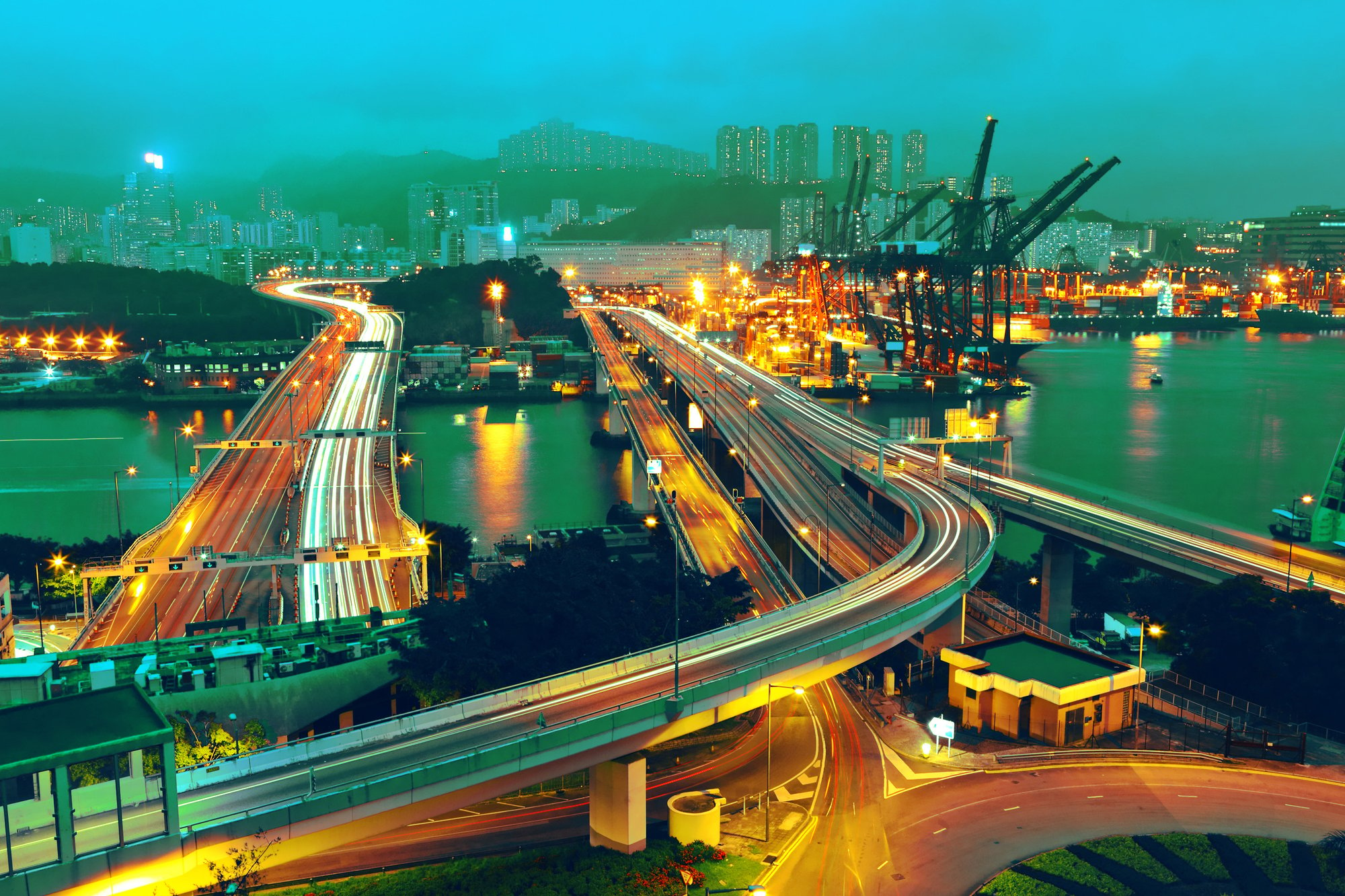Issues
.png?width=702&height=500&name=Image%20(1).png)
Our work is crucial to the most important issues our planet faces, and the spheres of economy, society and the environment regularly depend on our insight. Such vital topics have included greening the economy, sustainable investment, the future of work, regional economic development, infrastructure and industrial strategy.
Trusted Insights for Pressing Global Challenges
.png?width=1920&height=1080&name=Website%20banners%20(2).png)
Issue
Greening the Economy
We draw on more than 25 years’ experience in advising governments and businesses on the impacts of decarbonisation. This enables us to help you understand what the transition can look like for your country, region, sector, technology or individual investment portfolio.
.png?width=1920&height=1080&name=Untitled%20design%20(42).png)
Issue
Future of Work
Our experts have decades of experience in supporting the world’s policymakers and policy shapers in identifying the impacts of policies on future jobs and labour market skills across the world. We do this through in-depth and independent quantitative economic analysis.

Issue
Industrial Strategy
Through a blend of quantitative modelling knowledge and deep sectoral expertise, we can help you understand the future direction of specific industries, the challenges they face, and how these can be overcome.
.png?width=300&height=700&name=Untitled%20design%20(41).png)
Issue
Sustainable Investment
Our climate risk analysis experts will use the latest modelling innovation and data-driven insights, working closely with you to provide clear understanding of the risk involved – by detailed economic sectors and covering all of the world’s major economies.
.png?width=1920&height=1080&name=Website%20banners%20(1).png)
Issue
Regional Economic Development
By using our economic expertise, we’ll help you understand what’s needed to deliver growth in your local area. We do this by identifying opportunities to invest or support place-based policy, from cities and regions to states and counties.
Our Experience
.png?width=600&height=600&name=Website%20logos%20(4).png)
.png?width=1200&height=1200&name=Untitled%20design%20(45).png)

.png?width=600&height=600&name=Website%20logos%20(7).png)
.png?width=600&height=600&name=Website%20logos%20(8).png)
.png?width=1920&height=1080&name=Website%20banners%20(6).png)

